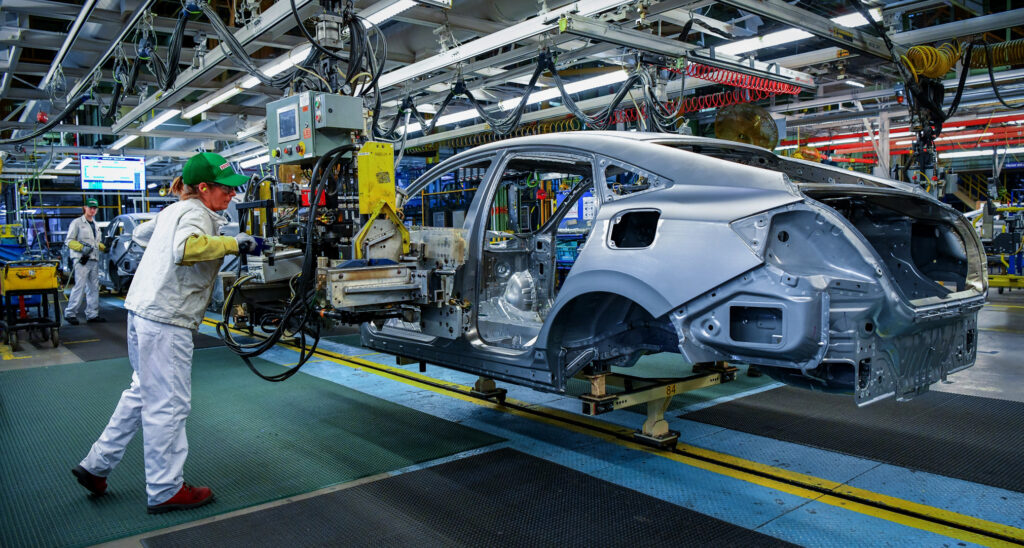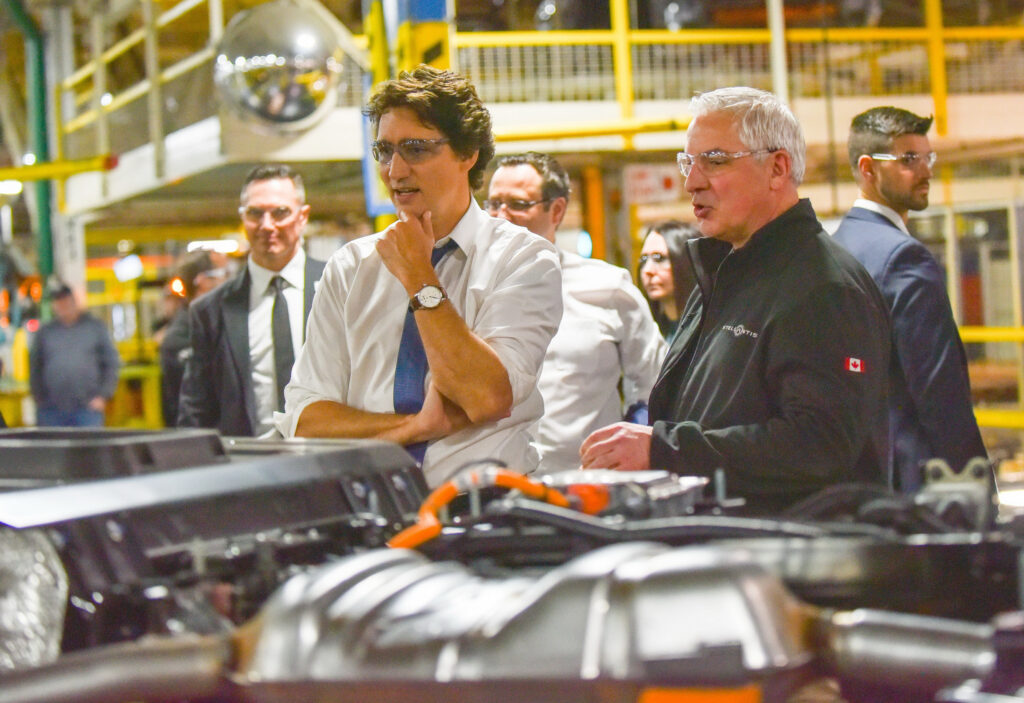- Tariffs could cause a dramatic increase in car prices, particularly for lower-cost models.
- About 40% of vehicles under $40,000 could face significant price increases from the duties.
- Vehicle parts from Canada and Mexico will also see significant price hikes due to tariffs.
President Donald Trump has hit the pause button on his planned 25% tariffs for Canada and Mexico, granting both countries a 30-day reprieve while negotiations continue. But if those tariffs do eventually kick in—and stick around—car buyers in the United States could be looking at some serious sticker shock. And it wouldn’t just be individual car buyers feeling the heat; the entire North American auto industry could be thrown into chaos.
The auto market across the U.S., Canada, and Mexico is an interconnected machine, 30 years in the making, built on the foundation of free trade. Tariffs of this scale wouldn’t just raise prices at the dealership, they’d disrupt supply chains, squeeze manufacturers, and ripple through the economy.
More: Automakers Breathe Easier As Trump Freezes Tariffs For 30 Days
Back in January, estimates suggested that tariffs imposed on the US’s two closest trading partners could add up to $3,000 to the price of an average car, as automakers pass these costs on to buyers. However, a new study indicates the actual increase could be significantly higher. In fact, tariffs on vehicles assembled in Canada or Mexico may drive prices up by as much as $5,855 per car.
Budget Buyers Take the Biggest Hit

According to Cox Auto, tariffs would directly impact half of the 50 best-selling cars in the States, which together account for roughly 60% of total market volume. The study also finds that cars under $40,000 would be hit hardest, with 40% of them seeing significant price jumps. Even more concerning, half of the top 20 models under $30,000 would be directly affected.
That means the people least able to absorb these price hikes, like working-class buyers looking for affordable transportation, would feel the biggest financial strain.
Widespread Hurt
Of course, it’s not just cars built in Canada or Mexico and then exported to the United States that would be impacted by tariffs. Steep duties will also spell bad news for all of the automotive-related parts sent between the three countries. This means all car manufacturers and suppliers would be directly affected by the tariffs in some way or another. Unless those brands suddenly feel generous enough to absorb those extra costs (spoiler: they won’t), buyers will be the ones footing the bill.




